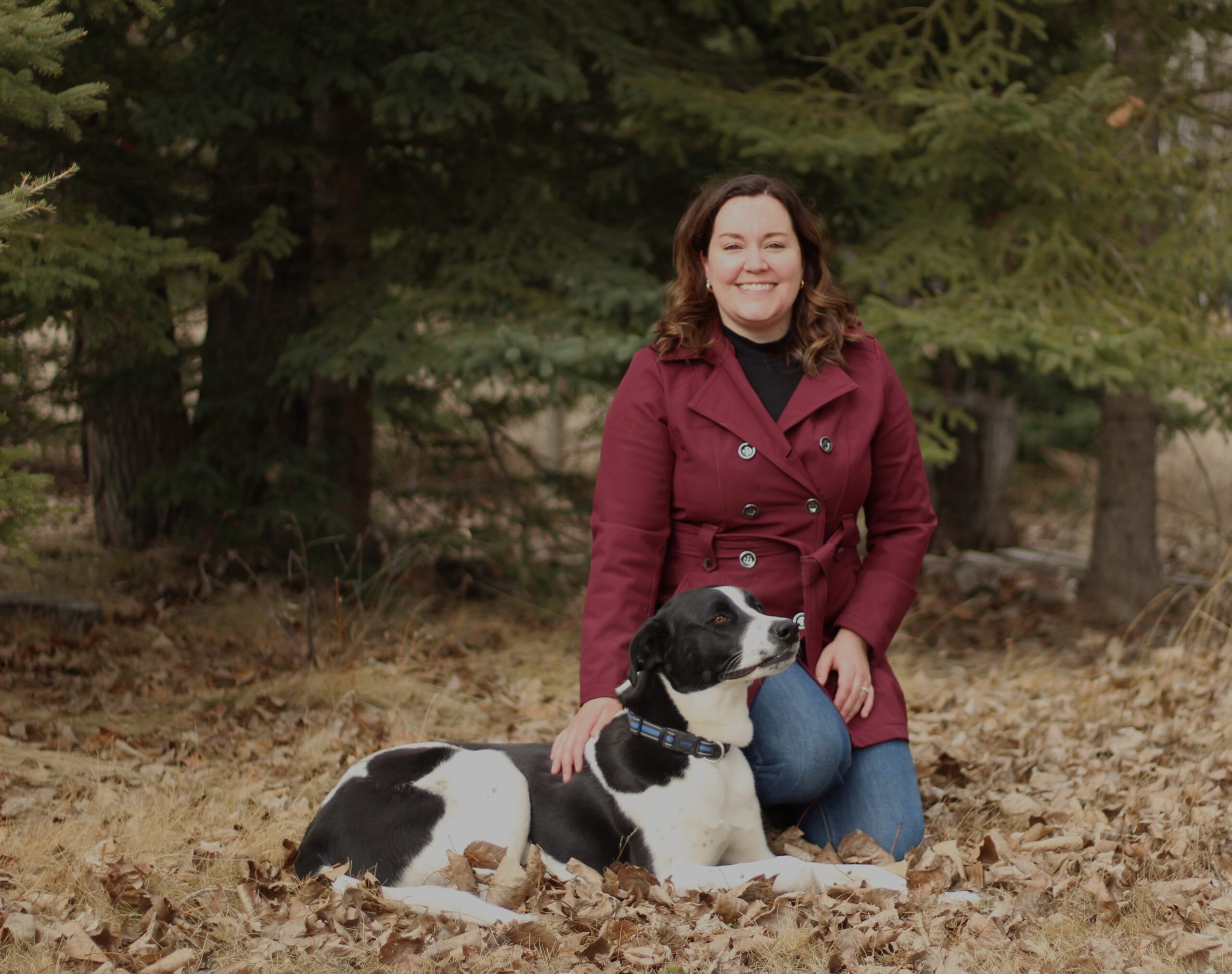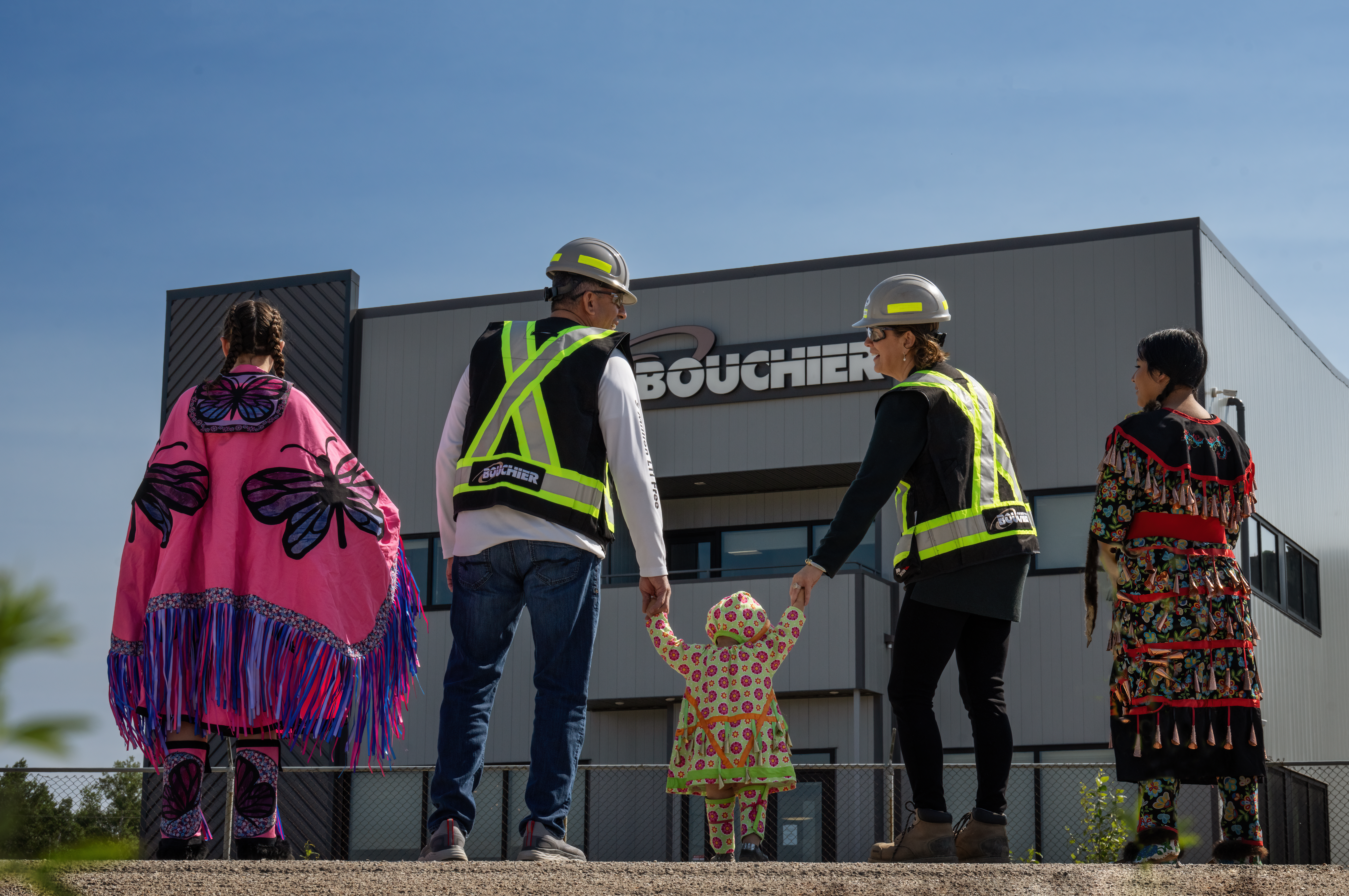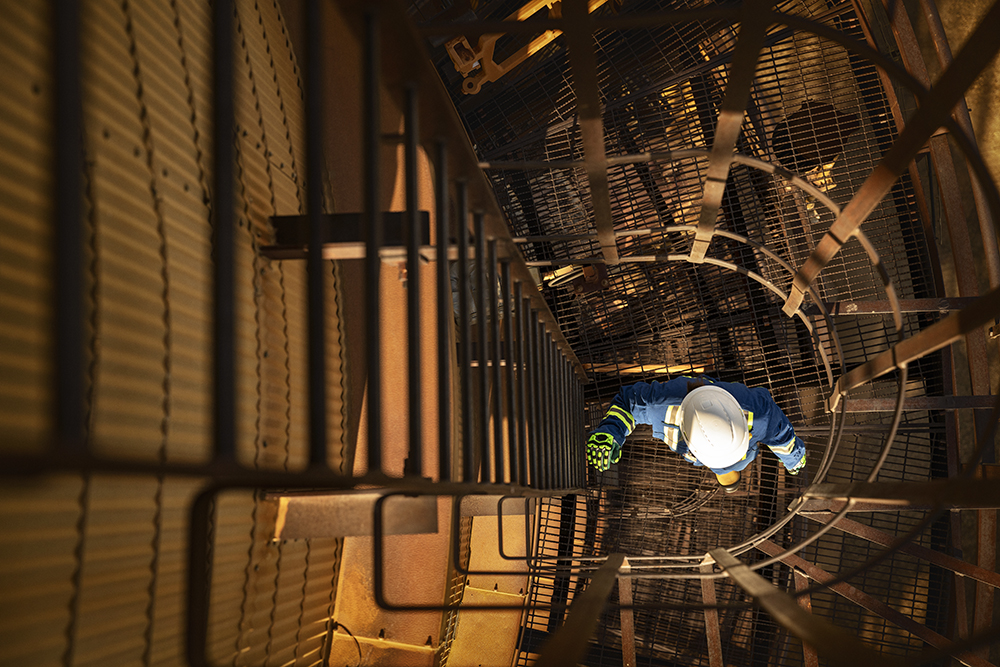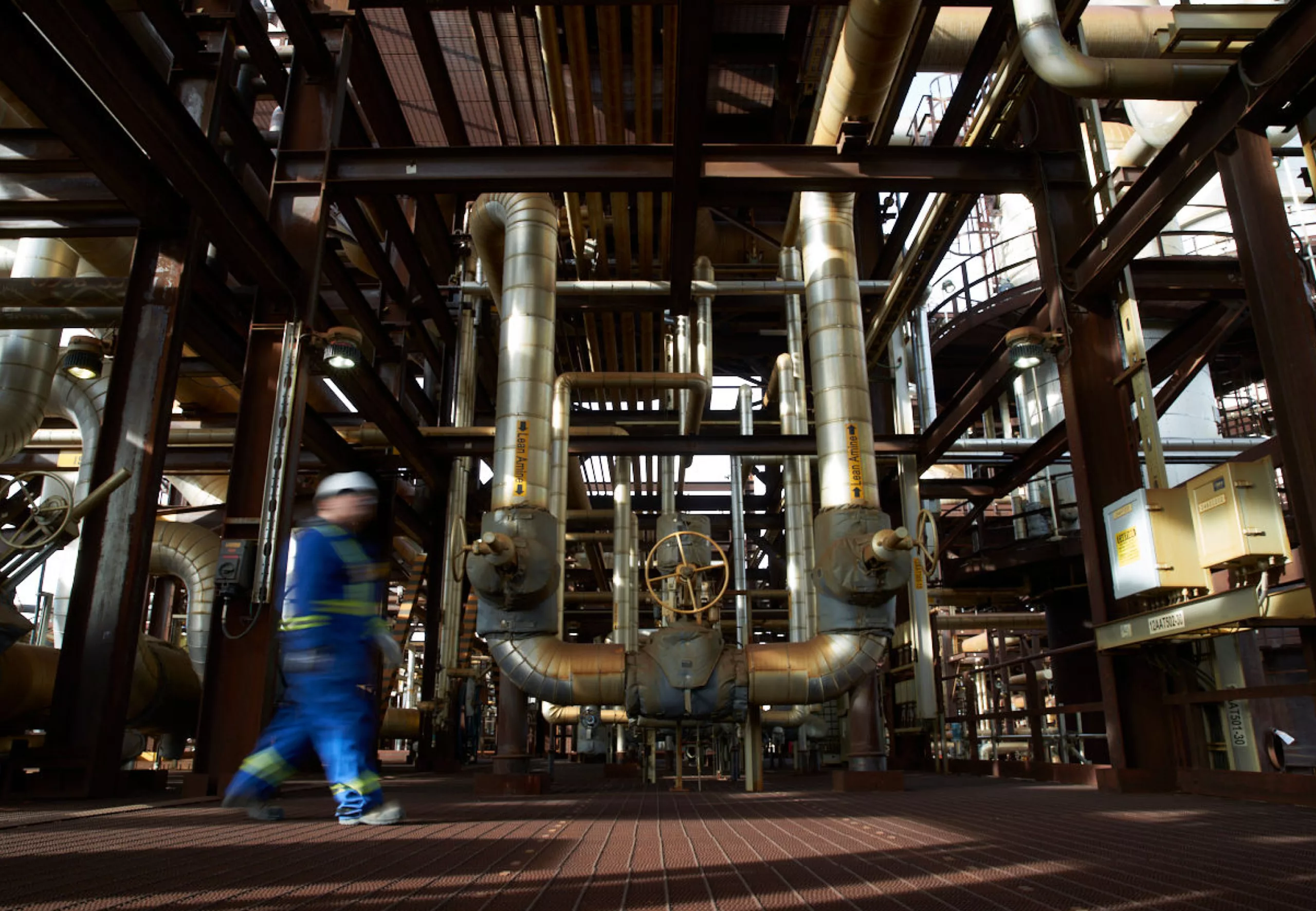Advice from a scientist: “There’s always something new to discover”
April 28, 2025

What interests Sara Thiessen most about science is the discovery factor.
“I’ve always been a very curious person, and for me, it’s fun to dig into a problem and figure out the cause. The iterative process of science can be really satisfying and rewarding. It feels like there’s always something new around the corner, waiting to be discovered.”
In her role as Technology Development Advisor with COSIA, the innovation arm of Pathways, there’s no shortage of new things to discover. Sara works alongside Pathways member companies to help support innovators who are developing technologies with the potential to solve problems and improve oil sands operations.
“Our member companies identify technologies they believe could have practical applications in their operations. They then work with the innovators, providing technical expertise and in some cases, collaborating on projects to further develop the technology. We help support these efforts, looking for ways to remove barriers and progress technologies along the path to commercialisation where possible. That may include regular progress check in meetings with the innovators, helping to address issues, or finding additional resources depending on a technology’s stage of development.”
Sara notes that it’s a continuous process and a collaborative effort.
“I work with the innovators in different ways, but a lot of it is about providing direction and making connections within the innovation ecosystem. If they need extra resources, like funding, we can introduce them to different funders, or support on the business side by connecting them with accelerators and other organisations that provide guidance and mentorship for business development.”
Calgary-based company Impossible Sensing Energy is an example of an innovator that has been supported through this process. The company is developing a multiphase flow meter that uses optical imaging technology to accurately measure solvent in mixtures of water, gas, and oil. It’s being advanced with support from groups including COSIA and its members, Alberta Innovates, the National Research Council of Canada’s Industrial Research Assistance Program, and SAIT.
One of the ways innovators can submit their ideas is through a portal on the Pathways website called E-TAP (Environmental Technology Assessment Portal). Anyone can submit an idea to the portal, from academics, researchers, start-ups, entrepreneurs, etc. The technology submissions are reviewed by COSIA and its member companies to determine which ones may be a good fit for them to pursue further.
“I’ve met new innovators with great ideas that have potential to change how things are done. It’s exciting to work with people who have different expertise and knowledge and to see the passion they have for their work.”
For Sara, there was always a sense she’d stick with science in some way through schooling and into adulthood.
“I was curious about the natural world as a kid, more so than just science. When you’re that age, you don’t think about science as science necessarily. I wanted to be a vet growing up, and then as I learned more about the different facets of science, I got interested in forensic science and biology.”
After growing up in rural Alberta, Sara decided to pursue her post-secondary education in British Colombia. She attended the University of the Fraser Valley in Abbotsford, completing a degree in biology. While there, she also was involved in aquatic toxicology research as part of her program, something she would later pursue in her career.
After graduating, Sara spent several years working for a biotech company that specialized in isolating and purifying proteins for use in pharmaceutical and food-grade products. Years later, she worked at an aquatic toxicology lab, where she assessed the impact of various chemicals and water samples on aquatic organisms. When asked what advice she’d have for young scientists entering post secondary, Sara comes back to that natural curiosity and openness to discovering new things.
“If you can do a field study or a co-op, something hands-on, dive in! Those can be great opportunities to get real world experience and explore whether you like something, or whether it’ll spark some other interest you want to try.”
She also reflects on the different disciplines she was interested in and how it’s ok to switch directions.
“When I was in university, I thought I’d work in a research laboratory, then maybe as a dietitian. Once I entered the workforce, I gained more experience and a new perspective. When you’re young and just heading out into the world, it’s hard to know exactly what you want to do since you haven’t had a chance to try different things yet. Don’t be afraid to try something, and equally don’t be afraid to change your mind. Exploring something and figuring out it’s not for you doesn’t mean you’ve failed. You gain important experiences along the way no matter which direction you choose.”


